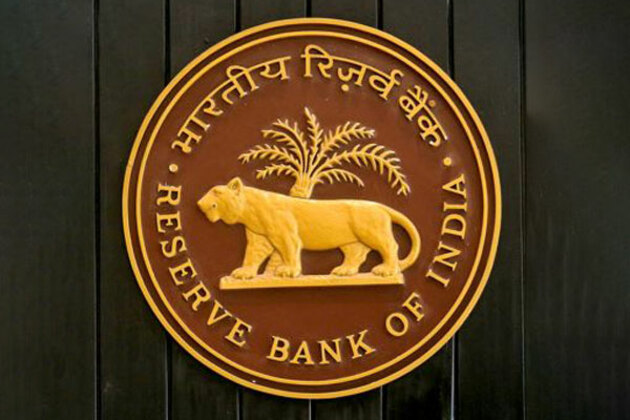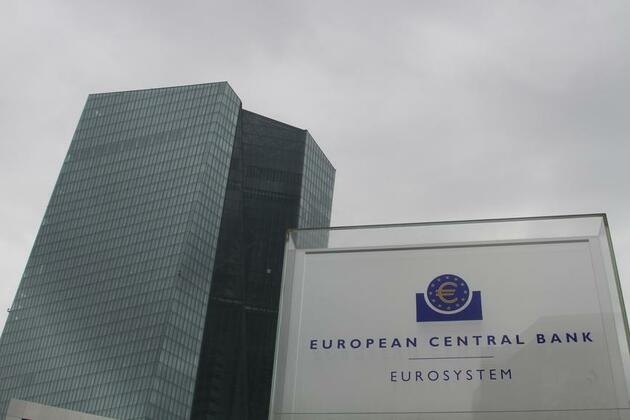How Bali could build a better kind of tourism after the pandemic
The Conversation
02 Jul 2020, 20:11 GMT+10

COVID-19 has hit tourism-reliant destinations hard. The Indonesian island of Bali, for example, where 70% of the population depend on tourism, has seen extensive job and income losses since it closed its borders in April.
The economic impact so far has been greater than that of the Bali bombings of 2002, with losses of around 9.7 trillion rupiah (about Pound 551.3 million) a month.
In the past, the island's image as a peaceful paradise with a rich cultural and religious heritage has made it a highly resilient tourist destination. Bali recovered swiftly in the wake of past crises, both natural and man made, including the Gulf War (1990), a cholera outbreak (1995), Sars (2003) and bird flu (2007).
But without significant investment and diversification, there are widespread concerns that this crisis could be different.
A different approach may now be needed to save the tourism industry - and to make sure its benefits are more evenly spread. We believe that now is the time to adjust the model in Bali away from surf, parties, and yoga towards rural villages with high poverty rates across the island (especially the underdeveloped north-east).
To do this, government support is required to build small-scale tourism that will provide new livelihoods. This might include everything from dolphin watching and snorkelling trips, to food tourism and "experience tourism" focused on traditional fishing and farming.
Read more: African tourism has been put on ice by coronavirus - here's how some countries are reviving it
That support does not necessarily need to be in the form of cash. When we interviewed small-business representatives in Bali last year, they called not for financial subsidies, but for marketing training and access to tourism-research data.
As one entrepreneur told us: "Many local creative businesses are managed as informal family businesses. They lack knowledge in professional management and marketing skills."
He also spoke of the need for improved collaboration between IT experts, business consultants, local universities and policymakers.
Yet there are important risks to consider when attempting to build a new kind of tourism. "Authentic" experiences can often be manufactured by large businesses, preventing regional economic development (other than occasional low-paid work) in the most deprived areas.
And without investment in tourist infrastructure, it would be too easy for tourists to prefer the manufactured version over the true "authenticity" on offer from local communities. Carefully considered investment, however, could lead to sustainable development.
According to Dr Luh Putu Mahyuni, a sustainable business consultant and economist at Undiknas University: "The pandemic provides a wake up call for Bali to foster [...] new types of tourism such as gastronomic tourism."
She told a webinar we hosted in May: "The tourism sector needs to develop products with other sectors so as to create a more resilient and sustainable economy."
To boost that economy, the island should also consider a tourist tax, while reducing taxes on small-scale home-stays, and better regulating the presence of Airbnb. It also needs to restrict foreign ownership of property, limit destruction of viable farmland and limit business sizes in the south of the island.
An island of opportunity
Notwithstanding all the devastation it has caused, COVID-19 has given the world an opportunity to pause and reflect on how things may change in its aftermath. The tourism industry in Bali (and many other places) is no exception.
For tourism is often seen as a solution to all kinds of problems, from economics to conservation. But as our research has shown, unless tourist money is kept in the local community, the benefits do not materialise.
And besides the major financial concerns on Bali, and the need for a tourism-led recovery, the authorities must also face up to deeply entrenched levels of structural inequality. Poverty, homelessness and dispossession existed long before the pandemic.
The island must learn from what happened 18 years ago, when the bombings led to job losses and increased rates of depression, alcoholism and crime. And we hope that Bali can use the current crisis as an opportunity to look at the causes of such social problems, rather than the symptoms. To move on and build a more resilient island, where responsible tourism plays a major role in alleviating poverty.
Authors: Jaeyeon Choe - Senior Lecturer in Tourism and Leisure, Bournemouth University | Rick Stafford - Professor of Marine Biology and Conservation, Bournemouth University 
 Share
Share
 Tweet
Tweet
 Share
Share
 Flip
Flip
 Email
Email
Watch latest videos
Subscribe and Follow
Get a daily dose of Middle East Star news through our daily email, its complimentary and keeps you fully up to date with world and business news as well.
News RELEASES
Publish news of your business, community or sports group, personnel appointments, major event and more by submitting a news release to Middle East Star.
More InformationInternational Business
SectionShell rejects claim of early merger talks with BP
LONDON, U.K.: British oil giant Shell has denied reports that it is in talks to acquire rival oil company BP. The Wall Street Journal...
Trump-backed crypto project gets $100 million boost from UAE fund
LONDON, U.K.: A little-known investment fund based in the United Arab Emirates has emerged as the most prominent public backer of U.S....
Nifty, Sensex opened with gains on Trump's trade deal optimism, Q1 results in July to drive market further
New Delhi [India], July 2 (ANI): Indian stock markets opened on a positive note on Wednesday, supported by optimism surrounding a potential...
Indian Rupee likely to trade in 85.25-86.25/USD range; India-US trade deal to support currency: BoB Report
New Delhi [India], July 2 (ANI): The Indian rupee is expected to trade in the range of 85.25-86.25 against the US dollar in the near...
RBI appoints Kesavan Ramachandran as new Executive Director
New Delhi [India], July 2 (ANI): The Reserve Bank of India (RBI) has appointed Kesavan Ramachandran as Executive Director of RBI with...
Eurozone inflation rate reaches 2 pct in June
The inflation is driven by the price of services, which recorded a yearly inflation rate of 3.3 percent in June, up from 3.2 percent...
International
SectionTrump hints at DOGE investigation of Musk subsidies
WASHINGTON, DC - U.S. President Donald Trump on Tuesday claimed Elon Musk's success has been built on government subsidies. Without...
Native leaders, activists oppose detention site on Florida wetlands
EVERGLADES, Florida: Over the weekend, a diverse coalition of environmental activists, Native American leaders, and residents gathered...
Beijing crowds cheer AI-powered robots over real soccer players
BEIJING, China: China's national soccer team may struggle to stir excitement, but its humanoid robots are drawing cheers — and not...
COVID-19 source still unknown, says WHO panel
]LONDON, U.K.: A World Health Organization (WHO) expert group investigating the origins of the COVID-19 pandemic released its final...
Fox faces $787 million lawsuit from Newsom over Trump phone call
DOVER, Delaware: California Governor Gavin Newsom has taken legal aim at Fox News, accusing the network of deliberately distorting...
DeepSeek faces app store ban in Germany over data transfer fears
FRANKFURT, Germany: Germany has become the latest country to challenge Chinese AI firm DeepSeek over its data practices, as pressure...













